In recent years, the buzz around oxidized water has surged, attracting attention from health enthusiasts and skeptics alike. As oxidized water products become increasingly available through online platforms, wholesale channels, and even white label services, it is crucial to dissect the claims, understand the science, and consider the potential health implications of consuming oxidized water. This blog post aims to explore the myths and facts surrounding oxidized water and shed light on its actual benefits and possible risks.
What is Oxidized Water?
Oxidized water, commonly misunderstood, refers to water that has undergone a process to increase its oxygen content. This process, known as electrolysis, separates water into its acidic and alkaline components. The oxidized (or oxygen-rich) component is then marketed for various uses, including drinking. This specialized water is not just a simple tap water; it’s treated to have different properties and is sometimes referred to as "electrolyzed oxidative water."
Availability and Market Growth
The availability of oxidized water has expanded significantly with the advent of digital commerce. One can easily find oxidized water online, offered by numerous health and wellness websites. Furthermore, businesses are increasingly tapping into the oxidized water market by purchasing in bulk from manufacturers who provide oxidized water wholesale, ensuring a steady supply for eager consumers. Additionally, brands looking to enter this niche market without manufacturing capabilities can opt for oxidized water white label solutions, allowing them to sell oxidized water under their brand name.
Health Claims and Scientific Evidence
Many proponents of oxidized water claim that it offers numerous health benefits, including enhanced immune system function, improved skin health, and increased hydration. However, scientific evidence supporting these claims is mixed and often inconclusive. Studies have shown that while oxidized water can be effective in sanitizing surfaces and treating wounds due to its disinfectant properties, the benefits of drinking oxidized water are less clear.
For instance, research on the impact of oxidized water on hydration and athletic performance has provided varied results. Some studies suggest that drinking oxidized water may help improve endurance and reduce fatigue by enhancing tissue oxygenation. However, these findings are not universally accepted by the scientific community, and more research is needed to confirm these potential health benefits.

Myths and Misconceptions
One of the biggest myths about oxidized water is that it can cure various diseases, including cancer and diabetes. These claims are not supported by reliable scientific evidence and should be approached with skepticism. It’s important for consumers to understand that while oxidized water may contribute to an overall healthy lifestyle, it is not a miracle cure or a substitute for medical treatment.
Another common misconception is that oxidized water is vastly superior to regular drinking water in terms of hydration. While it might have different properties, there’s no conclusive evidence to suggest that oxidized water hydrates the body better than non-oxidized water. Both types of water essentially perform the same basic function—hydration.
Regulation and Safety
As with many health and wellness products, the market for oxidized water is not tightly regulated. This lack of regulation can lead to discrepancies in the quality and composition of the water available to consumers. It is essential for buyers to purchase oxidized water from reputable sources, especially when ordering oxidized water online or through white label products. Ensuring that the products meet safety standards is crucial to avoid potential health risks.
Environmental and Economic Considerations
Producing oxidized water requires energy, typically through the use of electrical devices that perform electrolysis. This process raises questions about the environmental impact of mass-producing oxidized water, particularly regarding energy consumption and the sustainability of manufacturing practices. From an economic perspective, the growth of the oxidized water market could stimulate job creation and innovation in water treatment technologies, yet it also poses challenges in terms of resource allocation and energy use.
Conclusion
Oxidized water continues to be a topic of both interest and controversy. While it holds potential for certain applications, such as in sanitizing and possibly aiding in some aspects of health and wellness, consumers should remain informed and cautious. It is important to distinguish between scientifically supported benefits and marketing hype, particularly when dealing with health-related products. As the market for oxidized water expands, it will be interesting to observe how scientific research evolves and whether further evidence will emerge to substantiate the health claims associated with this unique form of water. For now, oxidized water should be considered a supplementary part of a healthy lifestyle rather than a standalone solution to health issues.
Discover the rejuvenating power of BoostedOxygenWater! Our unique oxidized water is crafted through advanced electrolysis, ensuring a high-oxygen content that's perfect for enhancing hydration and overall well-being. Available for bulk purchases, BoostedOxygenWater is ideal for businesses looking to offer something special in the health and wellness market. Experience the difference with our scientifically approached production that guarantees quality and consistency. Don't miss out on this lucrative opportunity. Visit our website today and schedule a call with one of our experts to learn more about our wholesale options and how BoostedOxygenWater can invigorate your product line. Join us in revolutionizing hydration!
Reference:
- Dewi, F., Stanley, R., Powell, S., & Burke, C. (2017). Application of electrolysed oxidising water as a sanitiser to extend the shelf-life of seafood products: a review. Journal of Food Science and Technology, 54(5), 1321-1332. https://doi.org/10.1007/s13197-017-2577-9
- Hsieh, Y., Yao, J., Hsieh, S., Teng, N., Chu, Y., Yu, W., … & Yang, J. (2020). The in vivo toxicity and antimicrobial properties for electrolyzed oxidizing (eo) water-based mouthwashes. Materials, 13(19), 4299. https://doi.org/10.3390/ma13194299
- Jardon-Xicotencatl, S., Díaz-Torres, R., Marroquín-Cardona, A., Villarreal-Barajas, T., & Méndez‐Albores, A. (2015). Detoxification of aflatoxin-contaminated maize by neutral electrolyzed oxidizing water. Toxins, 7(10), 4294-4314. https://doi.org/10.3390/toxins7104294
- Moorman, E., Montazeri, N., & Jaykus, L. (2017). Efficacy of neutral electrolyzed water for inactivation of human norovirus. Applied and Environmental Microbiology, 83(16). https://doi.org/10.1128/aem.00653-17

